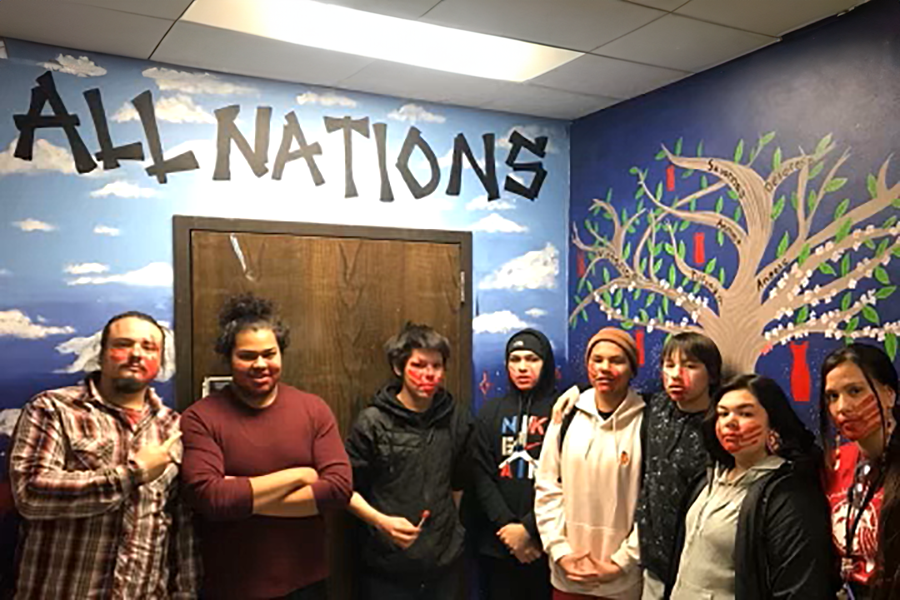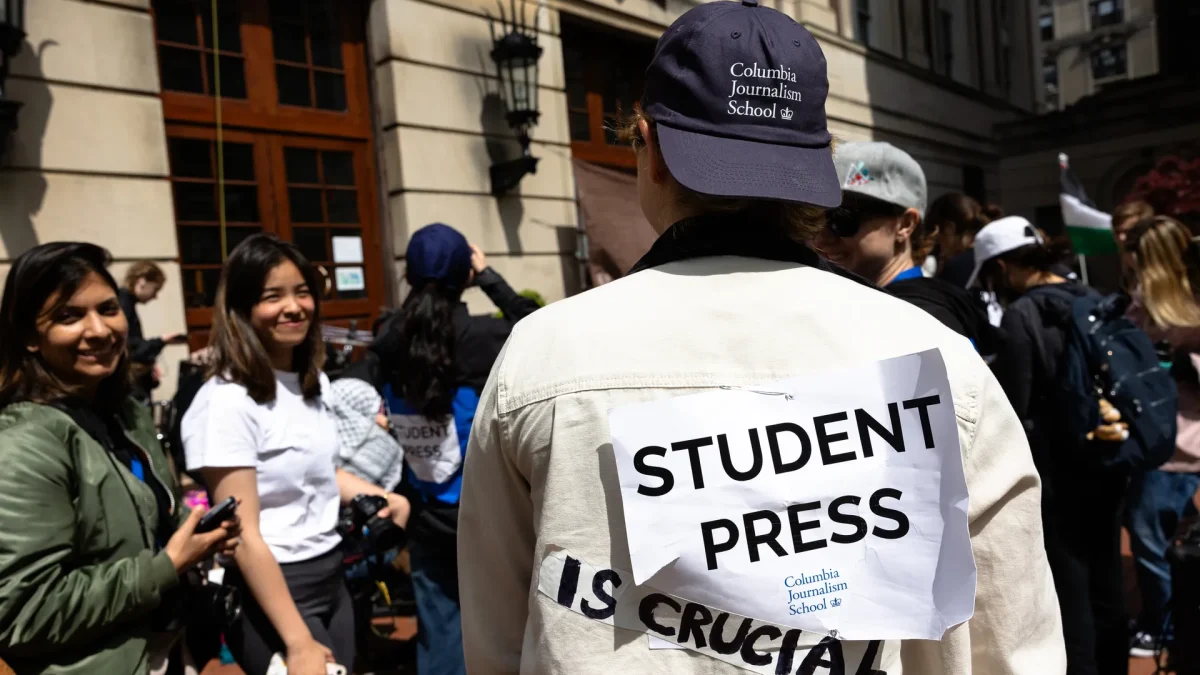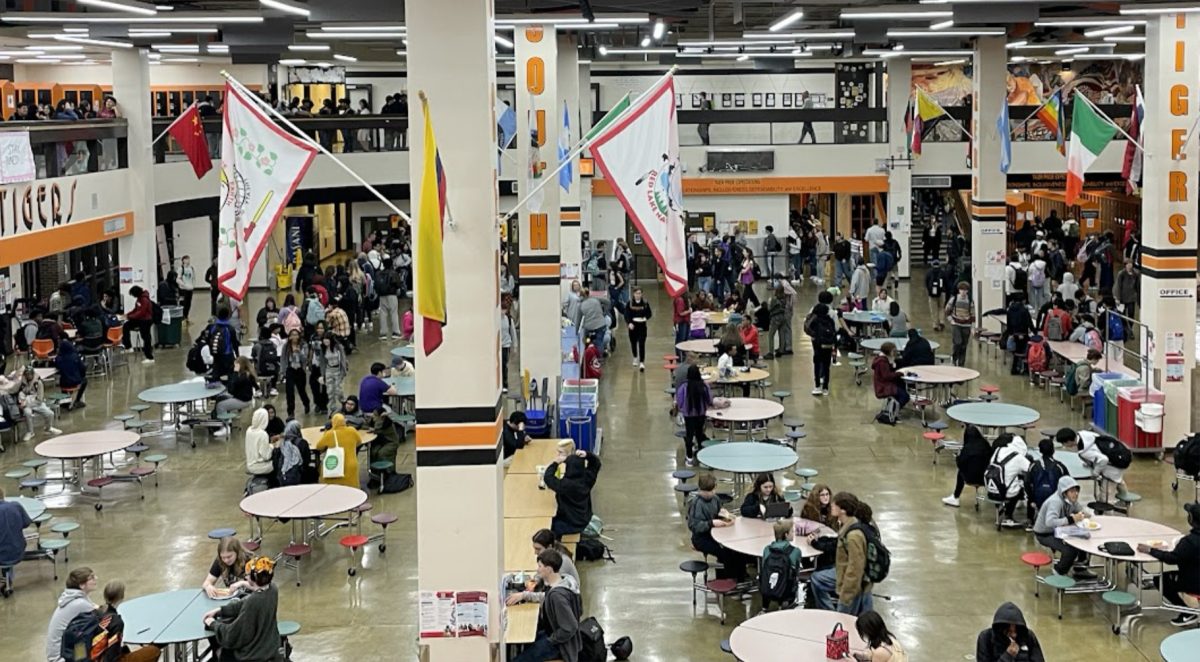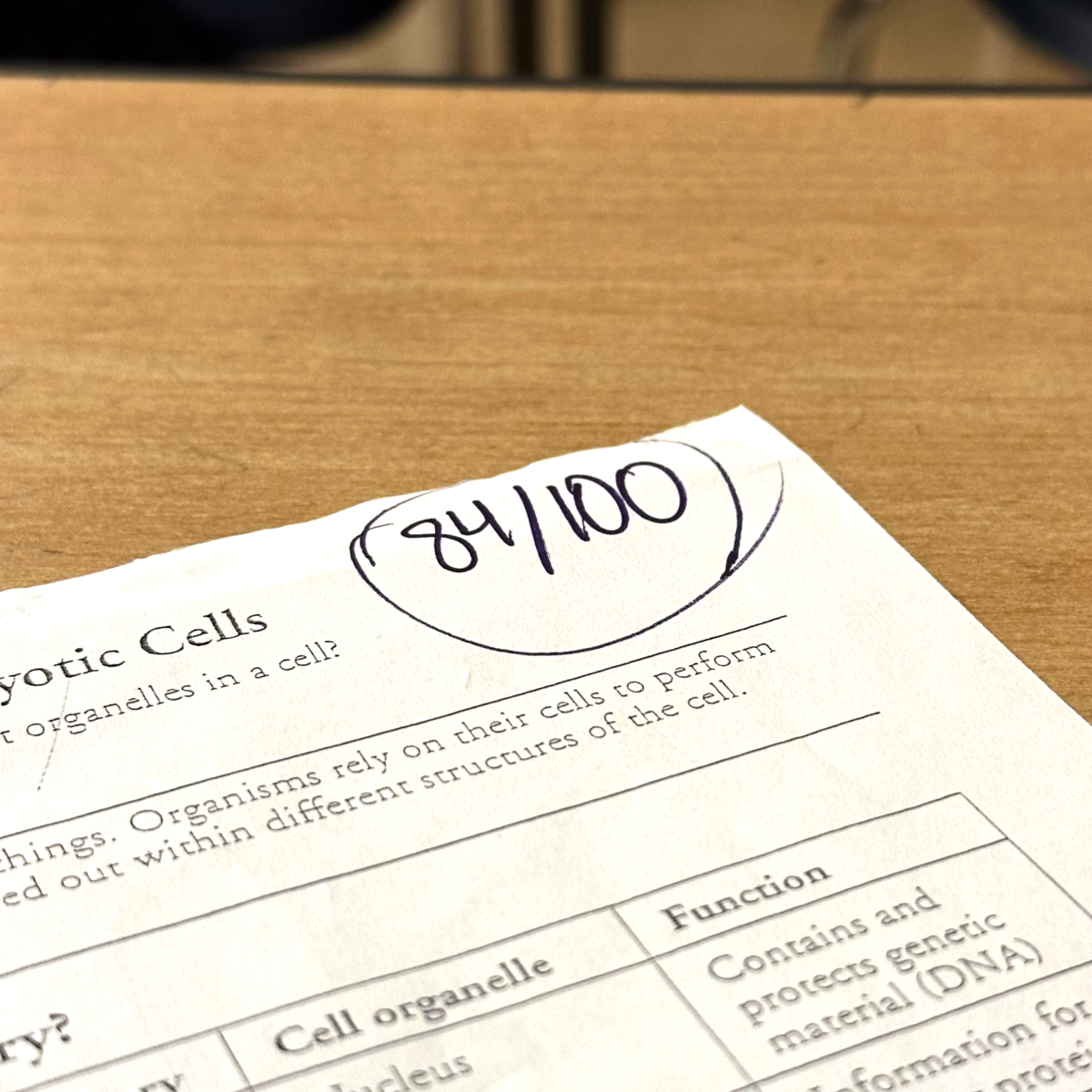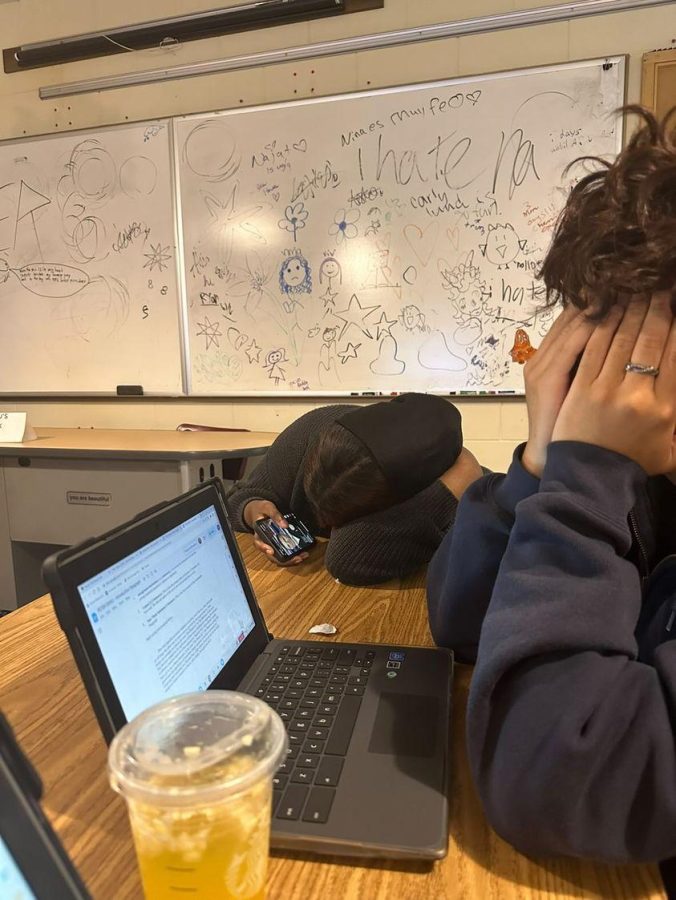It would be hard to imagine a school year in which we attended school on Thanksgiving. It just wouldn’t feel right to be there on Memorial Day or Labor Day. And I experience these same sentiments regarding the winter break and its revolution around Christmas. There is a reason that the public schools in this country observe a recess at this time and it has nothing to do with a religion of any kind; it’s the fact that Christmas is a national holiday, and holds great cultural significance in America.
Christmas has never been that important of a holiday in the Christian calendar. As Penne Restad points out in Christmas in America, while it has always been a day of obligation in the Catholic church, it was an American national holiday with secular traditions long before it was a very important holiday. Christmas as we celebrate it today was created by New Yorkers in the early 19th century. When spirits were low in the darkest time of the year, they wanted a family-friendly holiday to motivate Americans. They found this in Christmas, bringing an otherwise unimportant Italian Saint Nicolas, who was popular in the Netherlands, where many of these people found their ancestral roots, into the spotlight. The Christmas tree itself was considered pagan into the late 1800s.
If we look around today, many, if not most people who celebrate Christmas do so in a completely secular fashion. According to a 2010 survey done by the Christian Post, 91% of all Americans celebrate Christmas. This population is composed of agnostics, or those without religious preference (89% percent of whom celebrate), and those claiming other religions, such as Judaism (62%). Even 55% of people who identify as atheists observe Christmas.
A Christmas tree serves no purpose under any god. Stockings are hung on a mantle, not an altar, with care. Cookies are not meant as a sacrifice but rather as a bribe for gifts. Nothing about the way that society celebrates Christmas has anything to do with Christianity. It is internationally recognized as a time for giving, receiving, food, music and cheer. 81% of responses in the same Christian Post survey said that people in America put family traditions ahead of religious ones on Christmas, and from a list of 14 holiday activities, the 5 most reported ones were all secular traditions revolving around family, decorations and spirit.
When children learn the story of Christmas, they are no longer learning the story of a baby born in Bethlehem to a virgin mother. They are learning about elves and how exactly reindeer are able to fly. I’ve experienced one Christmas that fell on a Sunday, and I vividly remember my brother and I begging my mother to not make us go to church because “it [was] Christmas!” We were so used to the secular traditions of Christmas that it seemed ironically sacrilegious to devote an hour of our day to Christian celebration. If these are the experiences that our children are having, how can we berate it as a religiously-centered holiday?
If we believe in separation of church and state, I believe that we should not observe any religion-specific holidays. Naturally, students should get excused from school if they observe any given holiday, but if we miss school for everything, we will never be in school. It’s true that Hanukkah and Eid are not observed on the Minneapolis Public Schools calendar, but neither are Easter, Ash Wednesday, Epiphany, or the whole of Advent.
Christmas is celebrated by society because it is a national holiday. Banks are closed; mail does not go out; everything stops. So it is completely understandable that school should too, considering that we have every other national holiday off of school. The roots of Christmas may be religiously exclusive, but it has grown to be as inclusive as it can get. Christmas trees, while they have no significance to a Jew, also hold no religious meaning in the hearts of Catholics. I don’t think that elves are ever mentioned in the Quran, but they were not part of the Bible either. I apologize for my brashness, but I think it’s ridiculous for anyone to be offended by the societal celebration of all but the religious aspects of a holiday.
There are those that may think that the placement of most school districts’ winter breaks shows a religious preference towards Christianity. After all, Christmas is always observed and Hanukkah is often ignored. However, another day of obligation and very important holiday in the Catholic Church is Epiphany, the celebration of the day that the wise men bring their gifts to Jesus. It falls on January 6th. If our school systems were truly set on Christian favoritism, it would not be at all difficult to extend winter breaks to the 6th. However, the fact that our winter break started up directly after New Year’s Day is evidence enough, I think, that our focus is not on religious affiliation, but on the observance of national, cultural celebrations found in both New Year’s and Christmas.
The cultural traditions that have come of Christmas affect most everyone in this country. The thoughts of most people when they hear the word are not of swaddling cloth, or three wise men, but of Santa Claus and the Grinch. Because these traditions spawned from American thoughts, I think that it’s only fair that the country be allowed to celebrate cultural Christmas as a holiday without jeopardizing the relationships of church and state. And as a national holiday, I think it’s only fair and consistent with the rest of our breaks, that we have a winter holiday that observes Christmas.

